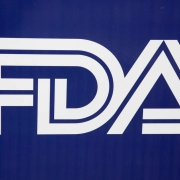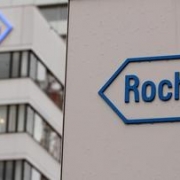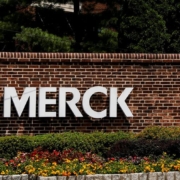ASCO24: Nimbus plots path for next-gen IO therapies with strong early HPK1 blocker data
Published: May 24, 2024
By Tristan Manalac
BioSpace
Nimbus Therapeutics’ small molecule drug candidate NDI-101150 showed strong potential for clinical benefit in patients with advanced solid tumors, the Boston-based biotech announced on Thursday.
Results from a Phase I/II study, which will be presented at the American Society of Clinical Oncology annual meeting next week, demonstrated that five out of 30 evaluable patients, or 16.7%, drew clinical benefit from NDI-101150 monotherapy. One patient, who had renal cell carcinoma (RCC), achieved complete response, defined as the disappearance of a tumor and other signs of cancer.
Another RCC patient in the dose-expansion cohort showed partial response. Both treatment responders had undergone several prior lines of treatment, including checkpoint inhibitors.
Three other patients were able to reach and sustain stable disease for more than six months while undergoing treatment with Nimbus’ drug candidate. These patients had RCC, pancreatic cancer and endometrial cancer, respectively.
In terms of safety, the biotech noted that NDI-101150 was “well-tolerated” and that its overall safety profile “remains acceptable.” According to the study’s abstract, 12.8% of treated patients, experienced grade ≥3 treatment-related adverse events. Most common side effects were nausea, vomiting, diarrhea and fatigue.
While a 16.7% clinical benefit rate might seem low, Nimbus CMO Nathalie Franchimont in a statement said that the biotech is “encouraged” by these early data which further point to HPK1 “as a differentiated next-generation immunotherapy target” for solid tumors.
“NDI-101150 is a potent and highly selective HPK1 inhibitor that has the potential to achieve significant tumor growth inhibition and make a meaningful difference for patients,” Franchimont added.
Designed to be orally available, NDI-101150 is a reversible HPK1 inhibitor that works by boosting the activation of T cells, B cells and dendritic cells. The candidate allows the body to “mount a robust anti-tumor response, even under immunosuppressive conditions,” according to Nimbus’ website.
NDI-101150 is Nimbus’ only candidate in the clinic and is being developed as a treatment for solid tumors. Aside from its clinical benefit, the Phase I/II study also sought to verify this mechanism of action. Using biopsy samples from an RCC patient on treatment, Nimbus found “increased infiltration” of activated CD8-positive T cells and dendritic cells versus archival biopsies, according to the abstract.
A separate portion of the study is testing the combination of NDI-101150 with Merck’s Keytruda (pembrolizumab).
Thursday’s readout comes more than a year after Nimbus sold its oral TYK2 inhibitor zasocitinib—along with its wholly owned subsidiary Nimbus Lakshmi—to Takeda for $4 billion upfront, plus potentially $2 billion more contingent on annual sales milestones.
Source: BioSpace









 Getty Images
Getty Images